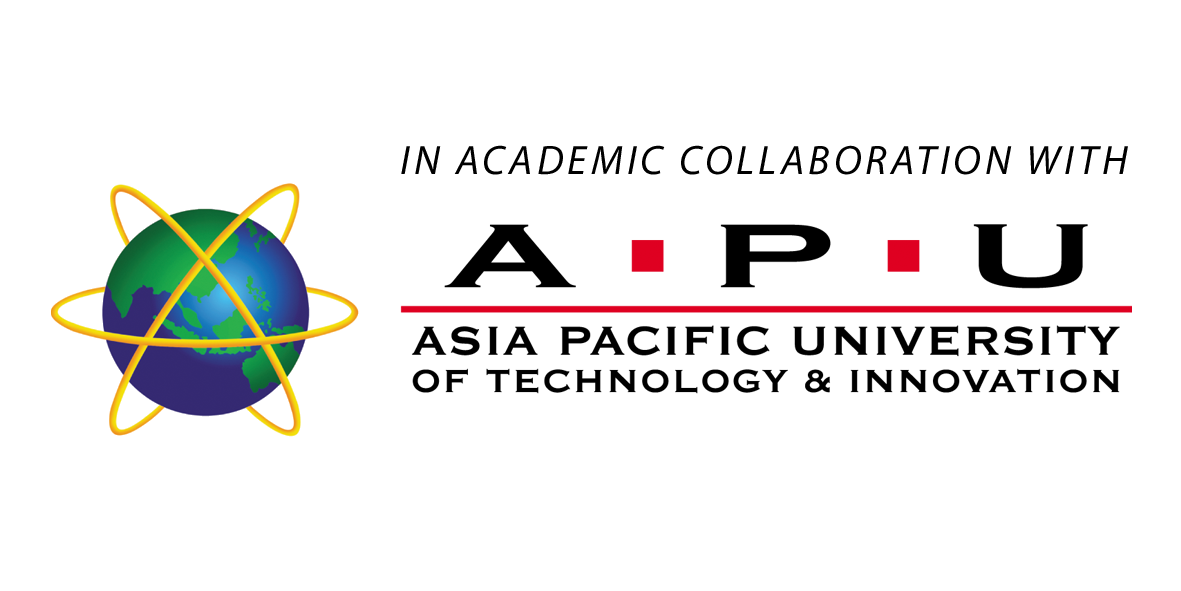LBEF RESEARCH JOURNAL OF SCIENCE, TECHNOLOGY AND MANAGEMENT | ||
| E-ISSN: 2705-4748 P-ISSN: 2705-4683 | ||
Vol. 3, Issue 1 (Mar-2021)
Technical Challenges With Adoption Of Iot In Implementation Of Smart Cities In Nepal
Author(s): Ashes Timsina, Jyotir Moy Chatterjee
Abstract: The Internet of Things (IoT) is one of the most used components that are used for the development of infrastructures of big cities today. The IoT has helped many cities to improve the quality of life of the people living in those cities with the smart facilities like smart health, smart parking and smart transportation etc. The IoT and its use has not been limited to making cities smart, rather IoT has been part of many households recently. We can see innovative smart houses with automated water pulling pump, heating system, lights and other components that are operated by sensors. Smart cities ideas have flourished for long time and has been a pivotal component in defining the complexity of services in many cities around the world. Smart cities include automates service delivery with help of Artificial Intelligence (AI), Internet of Things (IoT), and Big Data Analytics. Government is realizing the importance of developing smart cities. Nepal Government has designed a framework that will be used as a base in digitization of government service delivery.
The concept is new and the technologies used for the implementation are latest state-of-the-art technologies that are not easily available in the low-income generating countries like Nepal. The challenges that were discussed during the research included the reluctant population when it comes to using smart devices and services. Nepal still lacks enough technological infrastructures that are required for proper implementation of smart city model. Uninterrupted electricity and high-speed internet connection are must for operating the services of smart city. In Nepal, we still face unscheduled power cuts and interruption in the internet service.
All the cities that are planning to implement smart cities can start their transformation with the basics like e-literacy for all the citizens of the city. There is possibility of extending the 5G service for high-speed internet service. People must be made aware about the available e-services from the government offices. Apart from the technological barrier, the local bodies can work on improving the service delivery with Big Data Analytics. The data collected from the IoT devices can be analyzed to better understand the situation and used for improving the service delivery. The smart city implementation can be smooth only when the discussed barriers are addressed properly and in time.
The concept is new and the technologies used for the implementation are latest state-of-the-art technologies that are not easily available in the low-income generating countries like Nepal. The challenges that were discussed during the research included the reluctant population when it comes to using smart devices and services. Nepal still lacks enough technological infrastructures that are required for proper implementation of smart city model. Uninterrupted electricity and high-speed internet connection are must for operating the services of smart city. In Nepal, we still face unscheduled power cuts and interruption in the internet service.
All the cities that are planning to implement smart cities can start their transformation with the basics like e-literacy for all the citizens of the city. There is possibility of extending the 5G service for high-speed internet service. People must be made aware about the available e-services from the government offices. Apart from the technological barrier, the local bodies can work on improving the service delivery with Big Data Analytics. The data collected from the IoT devices can be analyzed to better understand the situation and used for improving the service delivery. The smart city implementation can be smooth only when the discussed barriers are addressed properly and in time.
Keywords IoT, Smart Cites, Big Data Analytics, Internet, Connectivity
Pages: 01-16

